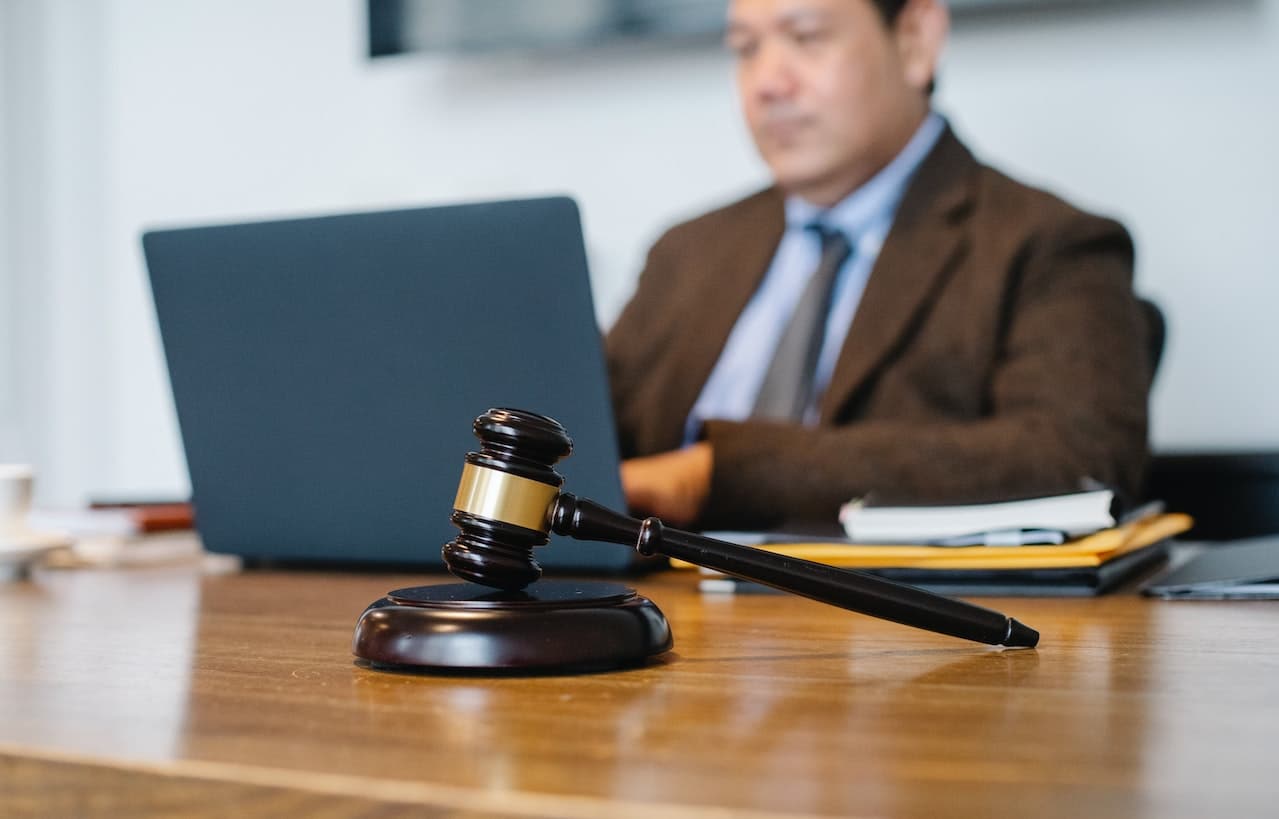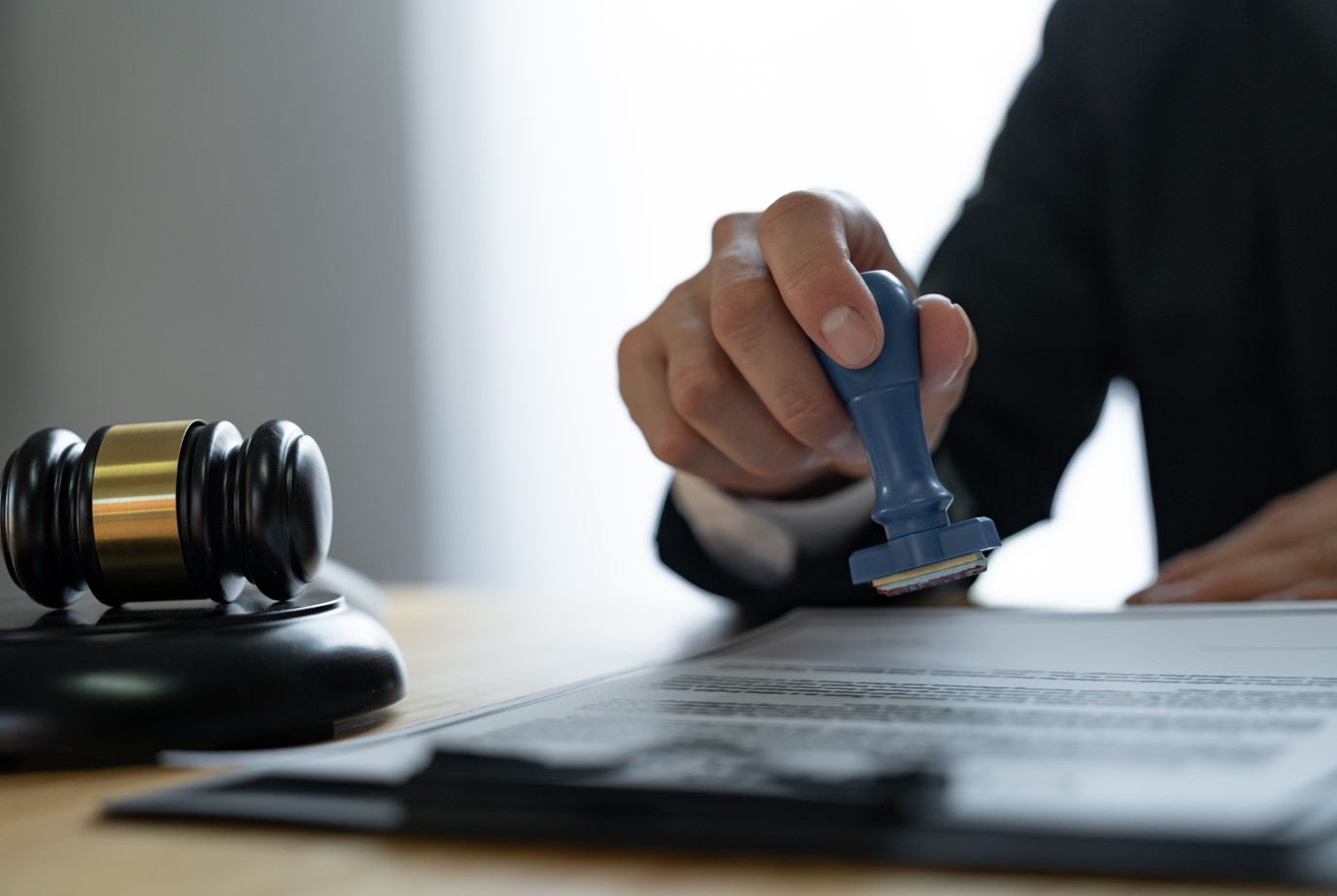If you’ve been arrested for drunk driving and are asking yourself how to get a DWI dropped, you’re not alone. It’s one of the first questions most people have after getting charged with driving while intoxicated. The reality is that DWIs carry serious consequences—fines, license suspension, insurance spikes, even jail time. But what many people don’t realize is that DWI charges are not unbeatable. Under the right circumstances and with the right defense, they can be reduced—or even dropped entirely.
In this in-depth guide, we’ll explore what defense attorneys want every client to know about how to get a DWI dropped. We’ll cover the most effective defense strategies, the common mistakes police make, and the real-life scenarios that can lead to a case dismissal. Whether this is your first offense or you’re facing enhanced charges, this article breaks down the steps you need to take to protect your rights and walk away with the best possible outcome.

The Stakes Are High: Why Getting a DWI Dropped Matters
Before diving into how to get your DWI dropped, it’s important to understand the stakes. A DWI conviction doesn’t just stay in the courtroom—it follows you into your job, your finances, and your future.
A conviction often leads to:
- License suspension or revocation
- Thousands in fines and court fees
- Mandatory DWI education or treatment programs
- Ignition interlock devices
- Probation or jail time
- Permanent criminal record
- Insurance premium hikes
In Texas and many other states, DWIs are considered criminal offenses—not just traffic tickets. That means they carry lifelong consequences if not handled properly. Getting your DWI charge dropped isn’t just about avoiding penalties—it’s about protecting your reputation, your livelihood, and your peace of mind.
Real-Life Story: How Marcus Got His DWI Dropped
Let’s make this real. Marcus, a 29-year-old teacher from Austin, got pulled over after attending a friend’s birthday party. He had two beers over the course of the evening and felt fine to drive. A few blocks from home, an officer stopped him for a rolling stop at a stop sign. Smelling alcohol, the officer conducted field sobriety tests and then requested a breath test.
Marcus blew a 0.08—the legal limit in Texas. He was arrested and charged with DWI.
He was terrified. He’d never been in trouble with the law before. He hired a DWI defense attorney who immediately requested the dashcam footage, reviewed the breathalyzer maintenance logs, and challenged the validity of the traffic stop.
Turns out, the breathalyzer hadn’t been calibrated correctly, and the dashcam footage showed that Marcus had made a complete stop. The prosecution dropped the DWI due to insufficient evidence.
Marcus’s case is a textbook example of how to get a DWI dropped when procedural mistakes are uncovered.
Step One: Don’t Assume You’re Guilty
The biggest mistake people make after a DWI arrest? They assume they’re guilty and accept the consequences without a fight.
Here’s the truth: just because you were arrested doesn’t mean you’ll be convicted.
The legal system is built on evidence, procedure, and burden of proof. The state must prove beyond a reasonable doubt that you were intoxicated while operating a motor vehicle. And if there’s any break in that chain—improper stop, faulty testing, weak evidence—you have a shot at dismissal.
So if you’re wondering how to get a DWI dropped, the first step is mindset. Don’t panic. Don’t plead guilty. Call a defense attorney and let them dissect the facts.
Understanding the Charges: What Is a DWI?
Knowing how to get a DWI dropped means understanding what you’re fighting. In most states, a DWI (Driving While Intoxicated) is defined as:
- Operating a motor vehicle
- While having a blood alcohol concentration (BAC) of 0.08% or higher
- Or while impaired by alcohol, drugs, or a combination of both

Some states use DUI (Driving Under the Influence) instead, or both terms depending on the circumstances. Regardless of terminology, the consequences are severe.
Prosecutors use breath, blood, and urine tests as key evidence—but these tests are far from perfect. That’s where smart defense strategies come into play.
Most Common Legal Defenses: How to Get Your DWI Dropped
1. Challenging the Traffic Stop
An officer needs reasonable suspicion to pull you over. If they can’t justify the stop with a valid traffic violation or suspicious behavior, any evidence gathered afterward—including BAC tests—can be thrown out.
Your defense attorney can request dashcam footage, bodycam video, and dispatch reports to confirm whether the stop was legal.
2. Field Sobriety Test Errors
Standardized Field Sobriety Tests (SFSTs) are subjective. They rely on the officer’s judgment, and many factors—nervousness, fatigue, medical issues—can affect your performance.
Was the test administered correctly? Was the ground level and well-lit? Were you wearing heels or dealing with vertigo? These small factors can make or break a case.
3. Breathalyzer or Blood Test Problems
This is a big one. Breathalyzers must be calibrated regularly, and the person administering them must be certified. Your attorney will investigate:
- When the machine was last serviced
- Whether the officer followed correct procedure
- If the testing environment (like mouth alcohol from burping) could affect results
In blood test cases, the chain of custody must be airtight. If there’s any gap in how your sample was handled, it could be thrown out.
4. Violation of Miranda Rights
If you were questioned after your arrest without being informed of your rights, your statements may be inadmissible in court.
Your lawyer will examine police reports and recordings to determine whether your rights were violated.
5. Medical Conditions or Alternative Explanations
Certain medical conditions can mimic intoxication or cause a false positive on breath tests. Conditions like:
- GERD (acid reflux)
- Diabetes (producing acetone in breath)
- Neurological disorders affecting balance
If your lawyer can present a legitimate alternative explanation, prosecutors may drop the charge.
How Police Mistakes Can Help Get Your DWI Dropped
Cops make mistakes. And those mistakes often lead to dismissed DWI cases. Here’s how:
- Failure to follow proper arrest protocol
- Skipping required observation periods before testing
- Mishandling of test samples
- Omitting critical evidence from reports
- Inconsistent statements between officers
A skilled attorney will comb through every detail looking for errors. The moment they find one, they can file motions to suppress the evidence, which often leads prosecutors to drop the charge.
Plea Bargains vs. Getting a Case Dropped
Let’s get honest: not every DWI gets dropped. But sometimes, evidence is weak enough that the prosecutor offers a plea bargain—a deal where you plead guilty to a lesser offense in exchange for dropping the DWI.
Common plea bargain outcomes include:
- Obstruction of highway passage
- Reckless driving
- Deferred adjudication (probation with possible record sealing)

While not as good as a full dismissal, these options can prevent a DWI conviction and help you avoid jail, license suspension, and a permanent mark on your record.
If you want to know how to get your DWI dropped, you also need to understand how to recognize when a plea deal is your best exit route.
Real-Life Story: When a Blood Test Mistake Saved a Nurse’s Career
Rachel, a registered nurse in Dallas, was involved in a minor fender-bender. The responding officer said she “smelled like alcohol” and conducted field sobriety tests, which Rachel struggled with due to knee surgery. She was taken in for a blood test.
Her BAC came back at 0.09, and she was charged with DWI.
Rachel hired an attorney who obtained the hospital’s blood test documentation. It turned out that the blood sample had been stored improperly, and the chain of custody had been broken when a lab tech misplaced the sample for over six hours.
The prosecutor dropped the case before trial. Rachel kept her license, her job, and her clean record.
This story highlights a powerful truth—how to get a DWI dropped often comes down to documentation, timing, and technical errors.
Your Role in the Process: What You Can Do to Help Your Case
While your lawyer plays the lead role, there’s a lot you can do to help build your defense:
- Don’t talk to police without your lawyer
- Save all paperwork and court documents
- Write down everything you remember about the stop
- Stay off social media (prosecutors will look)
- Comply with all bond or probation conditions
- Follow your attorney’s advice exactly
The better prepared you are, the more leverage your defense team has when negotiating or challenging the prosecution.
How Long Does It Take to Get a DWI Dropped?
If you’re hoping for a fast outcome, keep in mind that legal timelines vary. Depending on your jurisdiction, your attorney’s strategy, and court scheduling, resolution could take:
- 1–3 months for straightforward dismissals
- 3–6 months for contested cases or plea negotiations
- 6–12+ months if complex evidence or trial becomes necessary
While delays can feel frustrating, thorough legal work often increases your chances of success. Quick dismissals do happen—but usually when glaring procedural errors emerge early.

Final Thoughts: Don’t Leave Your Future to Chance
So, how do you get a DWI dropped? By standing your ground, knowing your rights, and hiring the right defense attorney.
DWI charges can feel overwhelming, but many crumble under legal scrutiny. Invalid stops, poor testing protocols, and officer errors all open the door to dismissal.
This charge doesn’t define who you are. It’s a challenge—a legal one—that thousands have overcome with the right help. If you’re serious about clearing your name, the first step is calling a defense lawyer who knows what to look for—and how to win.

